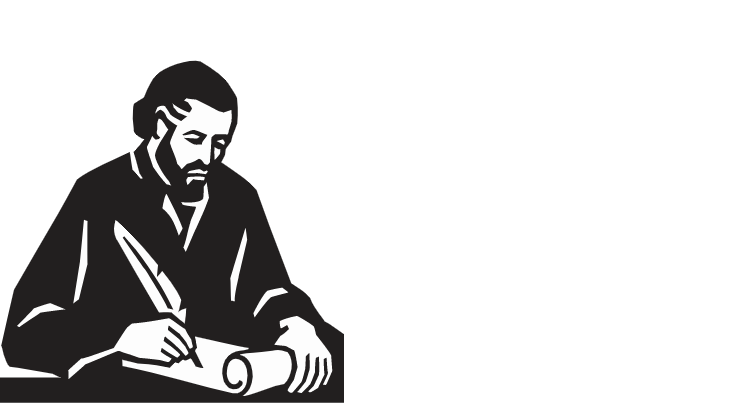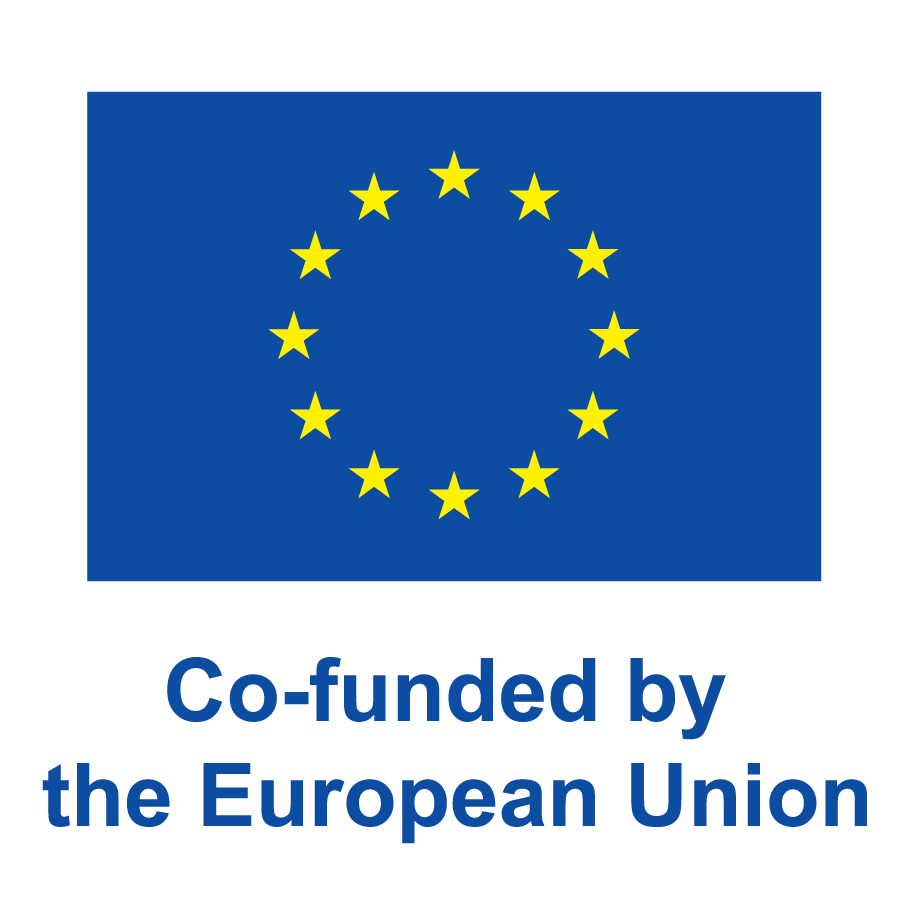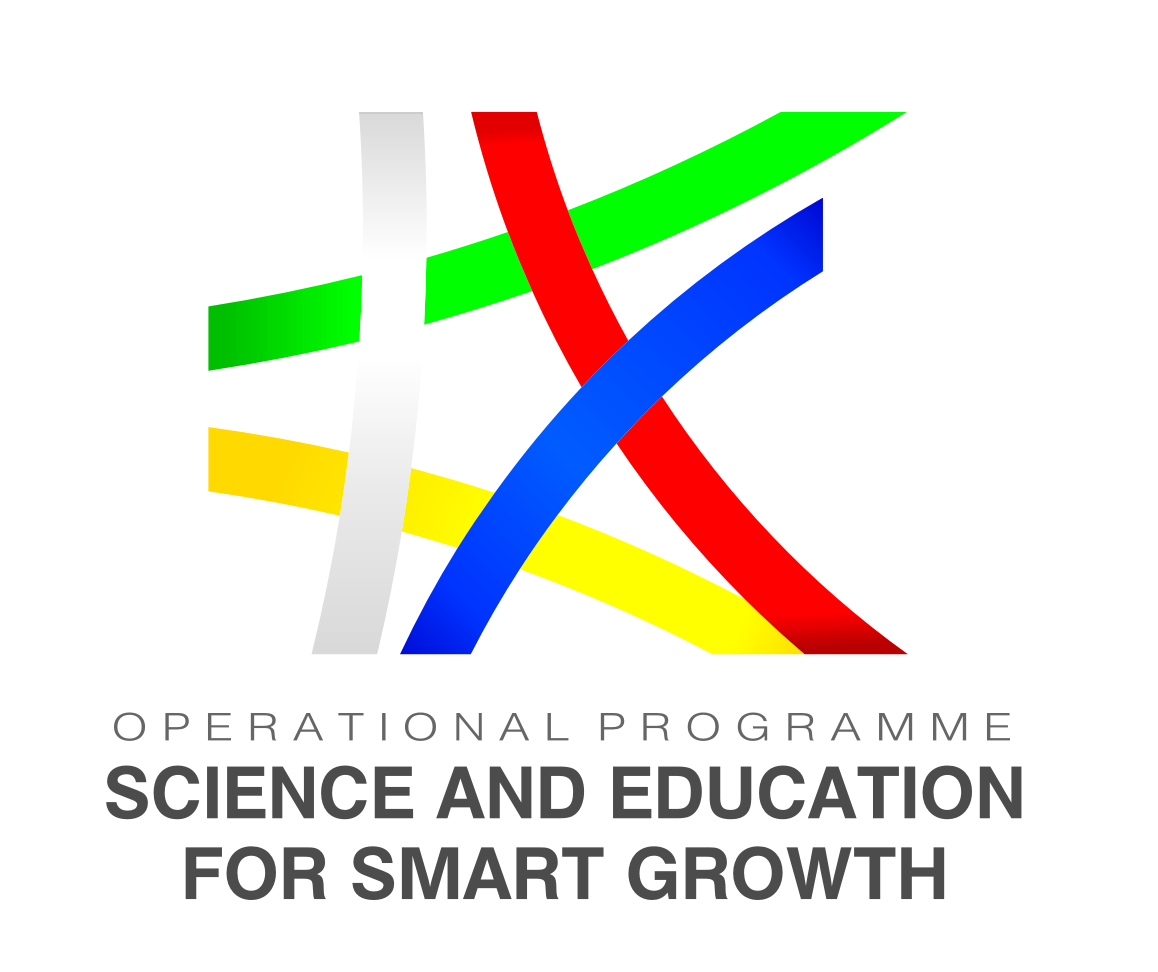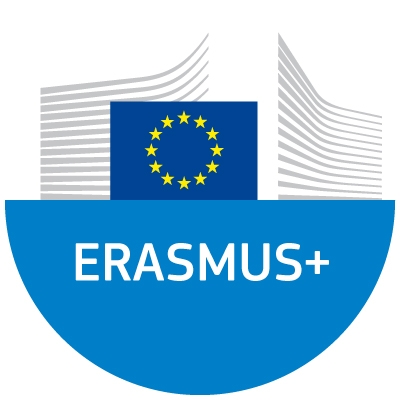Sociology of law, economy & innovations
Professional field: Sociology, anthropology & cultural studies
Educational qualification: bachelor
Professional qualification: sociologist
After graduating module in pedagogics: teacher in sociology, philosophy, logics, ethics and psychology
Period of study: 8 semesters (4 years)
Forms of study: regular
Evaluation scoring: see annex #1
Main motive for forming this specialty was the need for practical professional realization for the future graduates. The statistics from the last years show that relatively small amount of the students graduated the specialty Sociology find their professional realization as sociologists. Meanwhile whole sectors of the economy and the social life are in constant need for adequate specialists in the field of sociology. That is why, the team from the department for applied and institutional sociology has developed this specialty, having in mind the professional and personal development of our students.
The specialty's curriculum faces actual social problems of the Bulgarian society and provides opportunities for gathering actual, specialized skills and competencies for work in different areas of the social life. It was formed according to the need for profiled education of the students, dictated by the new expert role of the social sciences and the political, economical and social conditions in the country. During the last decades new professional fields for social realization have been formed in the corporative sector, in the reforming state and community administration, in the civil sector, in the so called new industries based on services, sociological and media agencies, brain tanks, science institutions and others. We are facing “sociologization” of the economy, law, pedagogics, journalism and others.
The graduates with educational degree “bachelor” receive professional qualification as “sociologist” and gain competences for professional realization:
- in the field of economy – as consultants in entrepreneurship and corporative management – in the human resources management area and others.;
- in the central state institutions and the local state institutions, as well as in the political parties – as experts
- in the field of law – in the probation centers, law consulting bureaus, at penitentiary institutions, in the fields of law mediation, by elaborating politics against criminal behavior and others.;
- in the media – at the departments of economical and law policy, as auditory researchers and experts in publishing policies
- in the syndicates, health institutions, employment agencies, social agencies, centers for work with children and youth, departments for social medicine and others, as experts in the fields of civil initiatives and social innovations, social entrepreneurship, politics of youth, education, health and family relations, as mediators in dealing with social conflicts and ethnic problems.;
- in social agencies and scientific institutions – as specialists in modeling and conducting applicable researches
- in the high school education system – as teachers in humanitarian sciences and civil education
Students receive earnest preparation in applicable sociology. It includes knowledge in quantitative methods and statistics, as well as qualitative methods for study over social, political and economical phenomenons. Additional attention during the study process is payed to semiotics – the science for signs and their function as instruments, allowing deeper study over socio technical and cultural phenomenons. The curriculum includes so called “professor classes”, which connect lecturing with the research practices of leading sociological agencies, such as GFK – Bulgaria, and MBMD.
The law&sociology section of disciplines is a mixture of sociological and normative aspects of law as superior regulator of the modern society and its connections with the state, economy, civil society and politics. Students gather concrete knowledge about the forms of state structures and state management, the authorities and the division between them, about the different types of management structures and the ways the function, the functions of administrative justice and the nature of the law forms in the market economy – transactions, trade cooperations and traders, forms of business cycling and others.
The economics section includes disciplines, focusing on the evaluation of the economic and its management on the level of national economy (national economic balance and income, dependence between the different economical sectors and others), shareholding companies and the individual entrepreneur. Knowledge about the financial movement of a company and its relations with the financial institutions is gathered. Special emphasizing is done over the management of the human factor in the economy and the consumers attitude.
The science, technologies & innovations module is focused over complex of knowledge about the technical aspect of the social life, the role of science and technologies as the basics of economical changes. Specialized courses are focused at different aspects of the nowadays risk societies – informational, biotechnological, ecological and others. During their summer probation, students participate in specialized practical research in small innovative companies, science laboratories, bigger technical systems and infrastructural facilities.
The module of social politics is focused on this aspect of the social life by examining it in the form of applicable field in which the role of sociological researches and the sociological imagination is irreplaceable – through them we establish connection between biography and history, individual and social problematics. Students gather basic knowledge in theory of social politics, and basic social programs on state and EU level. The educational program includes data from national and international researches, which allows analyses of the state and tendencies of different social problems to be made in comparative perspective.











